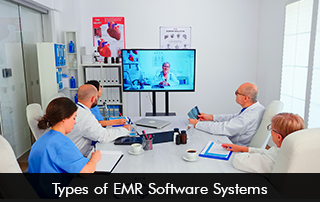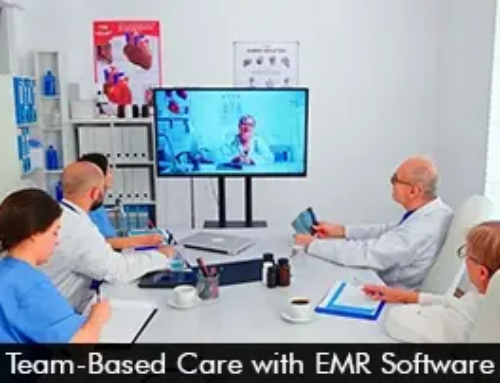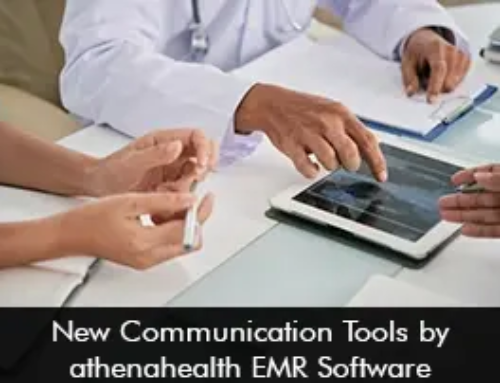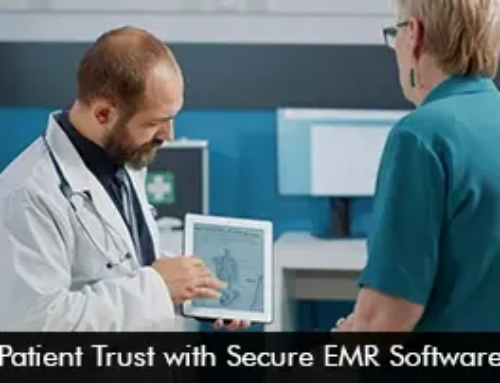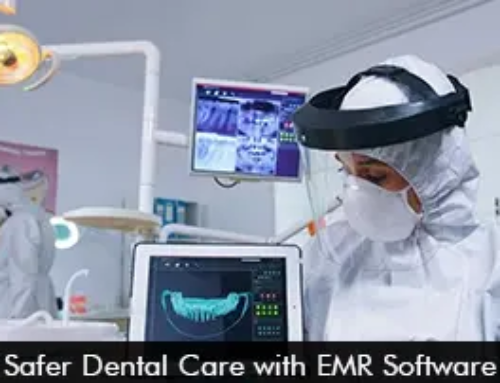Electronic Medical Records (EMR) Software is an important tool for the modern healthcare market. It provides solutions to optimize healthcare organizations’ work and increase the effectiveness of patient treatment processes. 96% of non-federal acute care hospitals have implemented a certified electronic health records software system to improve care delivery. But the question that arises here is what type of EMR Software fits the needs of a specific facility in terms of infrastructure and cost.
The Main Types of EHR Software Options
On-Premise EMR Software
On-premise EMR Software is installed on the servers of a facility, and such systems provide organizations with ultimate control of their information and configuration. They are best suited to large hospitals or practices that afford dedicated IT support for hardware and information security.
Benefits at a Glance
- Better control over data security.
- Can be customized to meet specific workflow requirements.
- Not dependent on internet connectivity, providers can view their software systems even when the internet is down.
Cloud-based EMR Software Systems
This type of a technology takes place in external servers that are under the control of a consulting service provider. It can be hosted on the Web and does not need a physical server on the site, which is why the program is used by many small and mid-sized practices or facilities that are looking to avoid significant costs on IT infrastructure.
Popularity of Cloud-Based EHR Software
Cloud-based EMR Software systems are becoming a popular choice for healthcare providers as they offer flexibility and scalability, enhanced security, automatic updates and turn out to be a cost-effective option.
Through the cloud functionality clinicians can practice on the go via their smartphones with internet connectivity. They don’t have to be tied to their work desk, this makes way for better productivity and even facilitates remote consultations.
Some examples of popular cloud-based EMR Systems include athenahealth EMR Software, advancedMD EMR Software, eClinicalWorks EMR Software, and DrChrono EHR Software.
Hybrid EHR Software
The Hybrid EMR software solutions are a mix of both on-premise applications and cloud-based software. For instance, it is possible to keep all the crucial patient information within a healthcare facility’s infrastructure while other kinds of data are kept in the cloud system. This approach is advantageous as it allows facilities in charge of data to easily balance between control of data and the availability of the same to users.
The Right EMR Software
Choosing the most favorable EHR Software is a valuable asset in the improvement of healthcare organizational efficiency. Regardless of whether they are installed on-premise or in the cloud or whether they are a combination of both, the right choice accords with an organization’s requirements, paving the way for more effective, timely, and needful healthcare delivery models.


